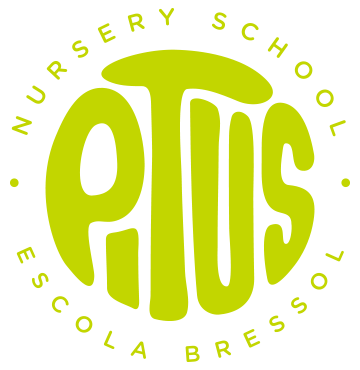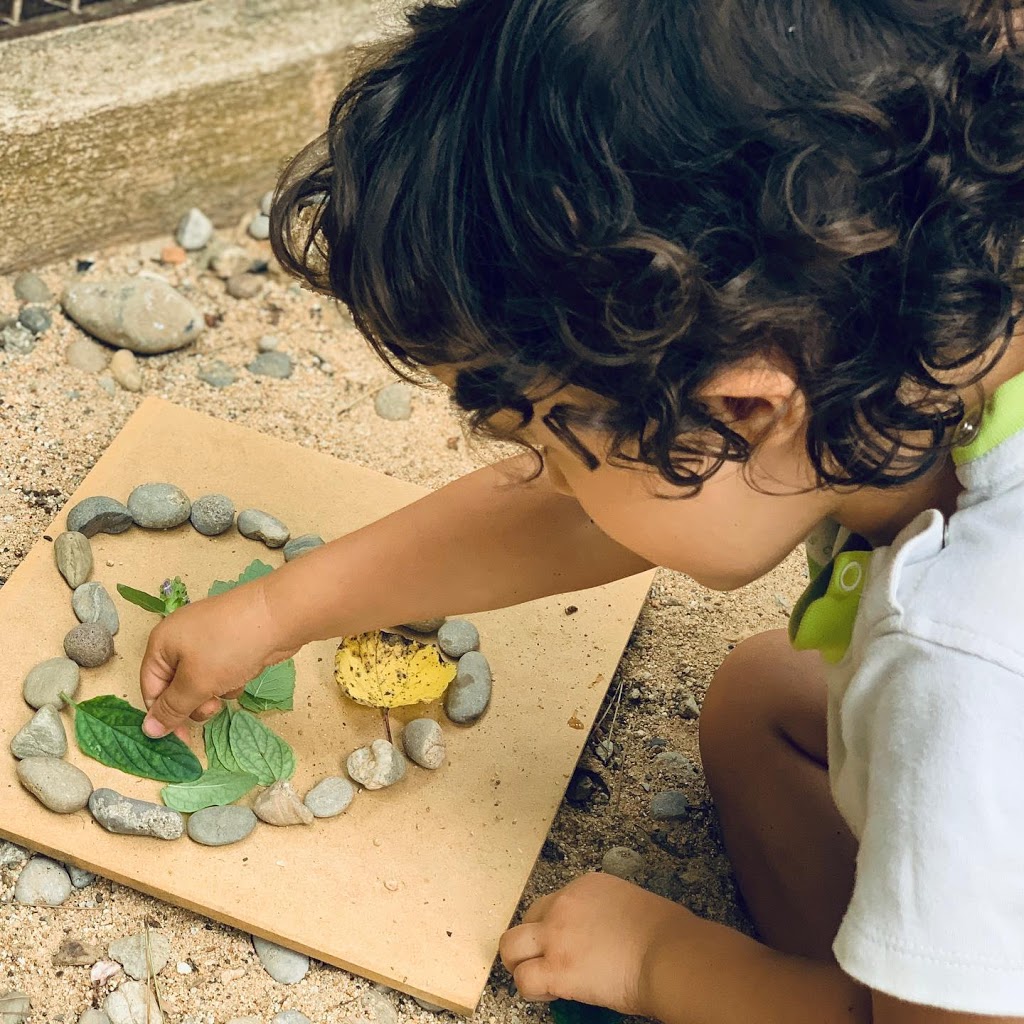Autumn process art!Dijous 18 de novembre de 2021
Publicat a les 11:53h
a Adaptació, curiosity approach, Descoberta de l'entorn, Educació medioambiental, English, Espígols, Llenguatge plàstic
Process art is an artistic movement where the end product of art and craft, the objet d’art (work of art/found object), is not the principal focus; the process of its making is one of the most relevant aspects if not the most important one: the gathering, sorting, collating, associating, patterning, and moreover the initiation of actions and proceedings. Process artists see art as pure human expression.











